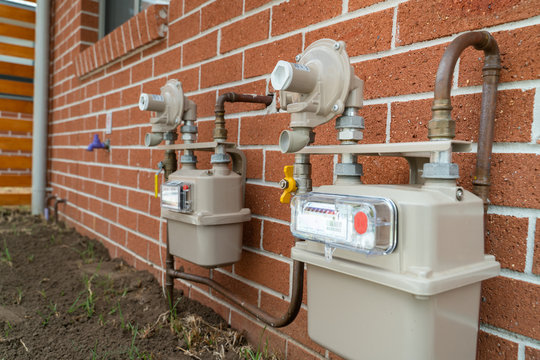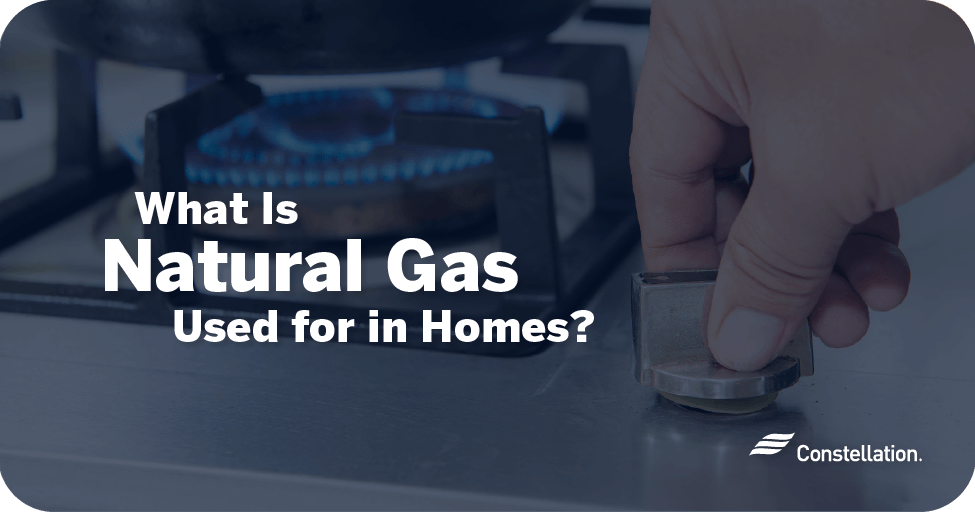Propane vs Natural Gas: Making the Right Choice
When it comes to residential gas systems, homeowners often face the decision between natural gas and propane. Each option offers distinct advantages depending on your location, usage patterns, and specific energy needs. Natural gas is typically more cost-effective in areas with established utility infrastructure, offering consistent supply and competitive pricing.
Propane systems provide greater flexibility and independence, particularly valuable for rural properties or areas without natural gas service. Propane burns hotter than natural gas, making it highly efficient for heating applications and outdoor cooking. However, propane requires on-site storage tanks and periodic refilling, which adds logistical considerations to your energy planning.
The environmental impact of both fuels varies based on sourcing and transportation methods. Natural gas produces fewer emissions at the point of use, while propane offers the advantage of being readily available as a byproduct of petroleum refining and natural gas processing, making it a relatively clean-burning fossil fuel option.




